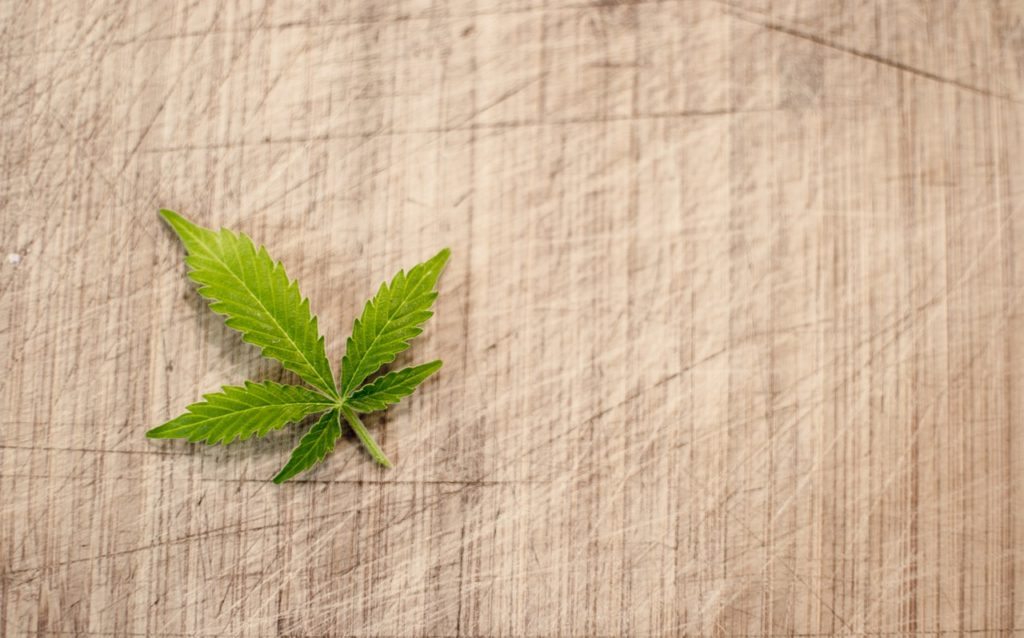In states that have legalized marijuana, CBD, or cannabidiol, is starting to appear everywhere and in everything (oils, pills, coffee, foods, salves, balms, and more). Or at least that’s how it feels due to its well-publicized benefits. But it’s important to note that CBD has not been studied extensively, is not regulated by the Food and Drug Administration and is still considered a Schedule 1 controlled substance (like heroin).
What is CBD?
Although derived from industrial hemp (a variety of the cannabis plant), CBD is a non-psychoactive compound. The popularity of CBD stems from its purported treatment of epilepsy, pain, anxiety and a host of other ailments without the effects of tetrahydrocannabinol (THC). CBD does not produce a “high” in the classic sense because of its negligible amounts of THC (0.3%). As a result, people can get the alleged benefits of cannabis’s compound without feeling “stoned.”
Can CBD Aid In Recovery?
Clinical research is still being done to study the efficacy of CBD on recovery. However, most of the positive effects of CBD on recovery have been anecdotal. There is one 2018 review published in Frontiers in Neurology that showed CBD can effectively improve pain and mobility in patients with multiple sclerosis. It’s clear that the usage of CBD is a promising field in helping athletes recover, but more research needs to be done to make any definitive determinations.
“CBD for exercise-induced inflammation is absolutely the next big area we need to explore,” says Thorsten Rudroff, an exercise scientist and director of the Integrative Neurophysiology Laboratory at Colorado State University, and the Frontiers in Neurology study co-author. “However, most of what we know about CBD and exercise is based on anecdotal reports,” he says. “There’s basically no research on the topic. We need to investigate CBD’s effects on inflammatory biomarkers [compounds like C-reactive protein in the body that occur with inflammation] in athletes and exercise recovery.” -Source
Things to Keep in Mind If You Plan to Use CBD
There are a few things to consider before using CBD. First, there is a chance using CBD might impact a drug test if there are sufficient amounts of THC as concentration amounts vary (up to 5%).
Because CBD is not regulated, there are questions about the quality of some CBD products and their side effects like decreased appetite, diarrhea, fatigue, weakness, and sleeping problems to name a few.
Without regulation, understanding CBD’s effect when mixed with other medications remains an open question. If you’re considering taking CBD, in any form, a conversation with your health care provider is a good place to start.
Sonja Stilp M.D. is a doctor and founder of RISE. She is a board-certified physical medicine and rehabilitation physician with fellowship training in interventional spine and sports medicine. Dr. Stilp has advanced training in regenerative medicine and orthobiologics for the treatment of spine and sports injuries. Have questions about CBD? Schedule an appointment to meet with Dr. Stilp at RISE in Boulder, Colorado

